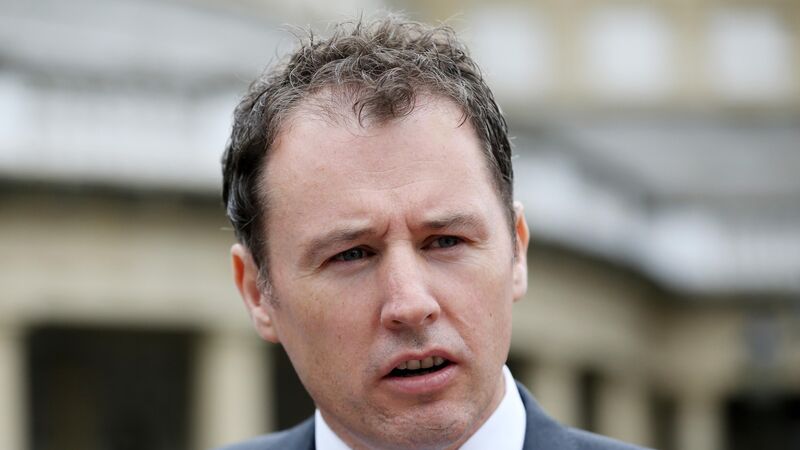Baptism of fire continues in McConalogue’s first 80 days as agriculture minister

As the minister approached 80 days in office, he told the in a wide-ranging interview that it’s a really challenging situation at the moment for the forestry sector.
Try from €1.50 / week
SUBSCRIBEThe forestry industry grinding towards a halt has been an unwanted home-grown problem for new Agriculture Minister Charlie McConalogue, for whom the pandemic and huge changes in the EU’s agriculture policies are also formidable hurdles to overcome.
As the minister approached 80 days in office, he told the Irish Examiner in a wide-ranging interview that it’s a really challenging situation at the moment for the forestry sector.
Already a subscriber? Sign in
You have reached your article limit.
Annual €130 €80
Best value
Monthly €12€6 / month
Introductory offers for new customers. Annual billed once for first year. Renews at €130. Monthly initial discount (first 3 months) billed monthly, then €12 a month. Ts&Cs apply.
Newsletter
Keep up-to-date with all the latest developments in Farming with our weekly newsletter.
Newsletter
Keep up-to-date with all the latest developments in Farming with our weekly newsletter.
Newsletter
Sign up to the best reads of the week from irishexaminer.com selected just for you.
Newsletter
Keep up with stories of the day with our lunchtime news wrap and important breaking news alerts.
Saturday, February 7, 2026 - 7:00 PM
Saturday, February 7, 2026 - 5:00 PM
Saturday, February 7, 2026 - 5:00 PM
© Examiner Echo Group Limited